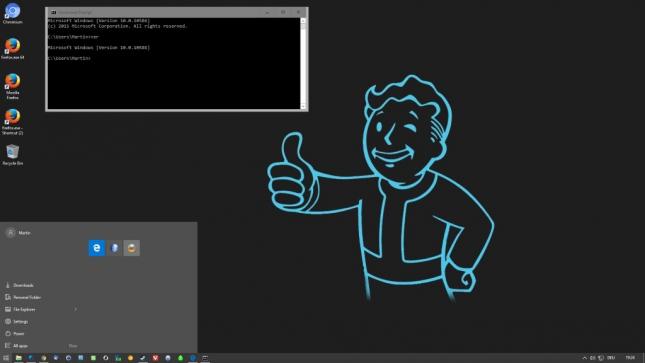Beware, latest Windows 10 Update may remove programs automatically
Microsoft's Windows 10 operating system may uninstall programs -- desktop programs that is -- from the computer after installation of the big Fall update that the company released earlier this month.
I noticed the issue on one PC that I upgraded to Windows 10 Version 1511 but not on other machines. The affected PC had Speccy, a hardware information program, installed and Windows 10 notified me after the upgrade that the software had been removed from the system because of incompatibilities.
There was no indication beforehand that something like this would happen, and what made this rather puzzling was the fact that a newly downloaded copy of Speccy would install and run fine on the upgraded system.
According to reports on the Internet, Speccy is not the only program affected by this. Others report that programs like CPU-Z, AMD Catalyst Control Center or CPUID were removed as well during the upgrade.

AMD's Catalyst Control Center needs to be mentioned specifically as it is a core program for Radeon users allowing them to control various video card settings directly from within the operating system. It is unclear which versions of the programs are removed by the upgrade, and if there are versions that are not removed.
All applications share that they interact with computer hardware, either by creating a list of installed hardware or controlling hardware via software.
While this could very well be a bug that slipped by Microsoft's quality control, it is a serious issue not only because of the removal itself, but also when it comes to the future of the operating system.
The removal itself is bad enough. First, Microsoft should have the decency to inform users about the issue before the software is removed. Either do a check prior to running the upgrade or afterwards.
Then, all reports indicate that the forcefully uninstalled software would install and run fine on the system without issues. This makes it more likely that a bug caused the issue and that it was not a deliberate action programmed into the update.
The outlook is even worse. Who in their right mind would install an operating system that might remove installed software -- maybe even paid for software or critical software -- without user interaction or consent, especially if it turns out later that the software works just fine on the system?
Windows 10 users give up control and since there is no way of telling if software will be removed after a Windows update, should consider backing up the system regularly before system updates so that it can be restored to an earlier stage if important software was removed by the update.
Now You: What's your take on this?
This article was first seen on ComTek's "TekBits" Technology News

- Log in to post comments